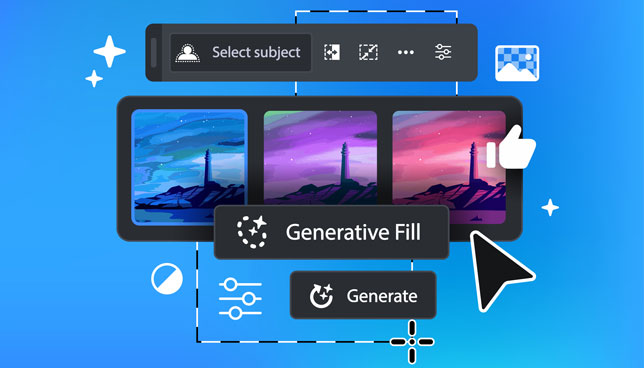K-12 Technology News
Here you'll find the latest news from the education technology world, from the newest hardware and software releases to policy and funding updates to research reports to school and district tech initiatives. Looking for more in-depth coverage of important topics? Be sure to visit our Features page.

Digital curriculum platform Kiddom has introduced Kiddom Atlas, an AI-powered tool that analyzes student work and prepares differentiated instructional materials aligned to the next day's lesson.

ClassDojo has partnered with Canva Education to integrate the visual communication platform into its communication and engagement solution.

A new research report from Microsoft has found that no single technology can reliably distinguish AI-generated content from authentic media, and that deepening reliance on any one method risks misleading the public.

Cloud-based education software provider PowerSchool recently released its 2026 K-12 EdTech Pulse report, a national survey of more than 1,300 educators and administrators conducted in collaboration with Project Tomorrow.

Artificial intelligence may be spreading faster than previous waves of consumer tech, but a recent report from Microsoft's AI Economy Institute suggests its benefits are concentrating in a relatively small set of countries, with infrastructure and language emerging as major dividing lines.

Discovery Education and IBM have partnered to provide free, credentialed professional development for high school educators, focused on AI, cybersecurity, and digital literacy.

The University of Iowa's Iowa Reading Research Center (IRRC) and the Wyoming Department of Education (WDE) have partnered with Foundations in Learning on literacy support for rural students in grades 3-5.

Anthropic has unveiled Claude Opus 4.6, introducing a million-token context window and automated agent coordination features as the AI company seeks to expand beyond software development into broader enterprise applications.

Instructure, maker of the Canvas learning platform, has announced a national expansion of its Mastery Predictive Assessments.

Learning platform Quizlet recently announced new AI-powered features designed to provide a more streamlined user experience.